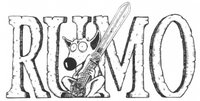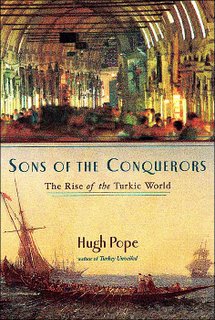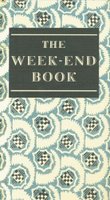Here's an excerpt from the recent Kirkus review of Gerard Donovan's upcoming novel Julius Winsome... We've seen such a great early response--not only from everyone in the office, but also booksellers and reviewers who have seen advance copies--and we are really excited to get this one out on the shelves. Really a wonderful little book, and this is only the first of what I'm sure will be an avalanche of rave reviews. Read on...
--John Mark
Narrator Julius is a self-sufficient type living alone in a cabin in the woods of Maine. "I had never married, though I think I came near once," he tells us, "and so even the silences here were mine." In the cabin, he's surrounded by the thousands of books collected by his father, as well as ghostly memories of the dead man, a war veteran haunted by his murderous conscience. Julius needs little to get by; some part-time work in the warmer months is sufficient. Otherwise, he's content to drink tea, read Shakespeare, pet his beloved dog Hobbes and listen to the gunfire from hunters galumphing through the woods. But that all changes when he finds Hobbes dying from a shotgun blast. Studying the wound, the veterinarian tells Julius that whoever shot Hobbes came up close and probably patted him before firing the fatal shot. In the same eerily calm manner he would use to describe cutting wood, Julius then relates his walks into the forest with his grandfather's WWI-issue Enfield sniper rifle and starts killing hunters. Donovan's command of language is astonishingly precise, eerily reflecting Julius's disarmingly mild-mannered pathology as it ascribes no more importance to the cold-blooded shooting of a hunter than to going into town for groceries.
Finely tooled outsider fiction, as chilling as it is ultimately humane.
--John Mark










